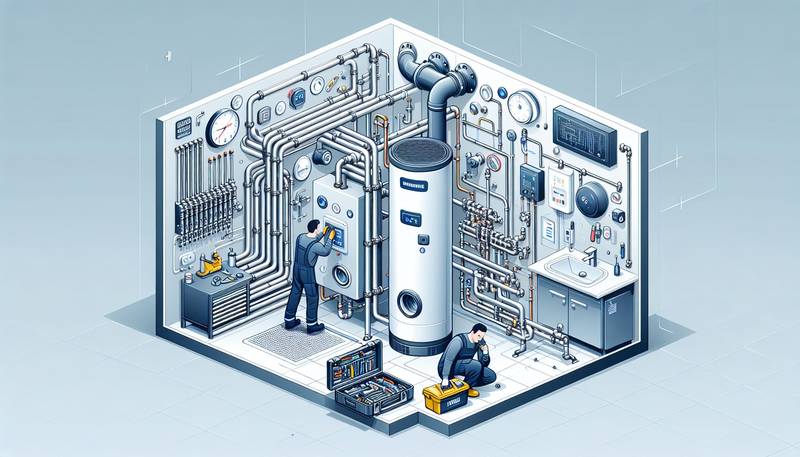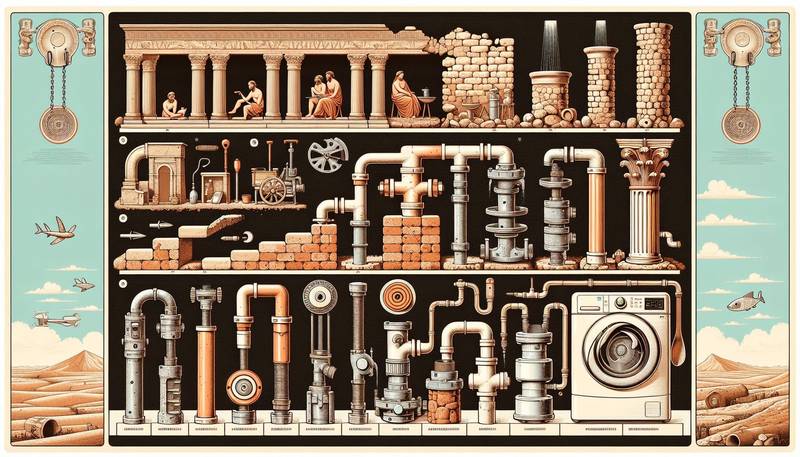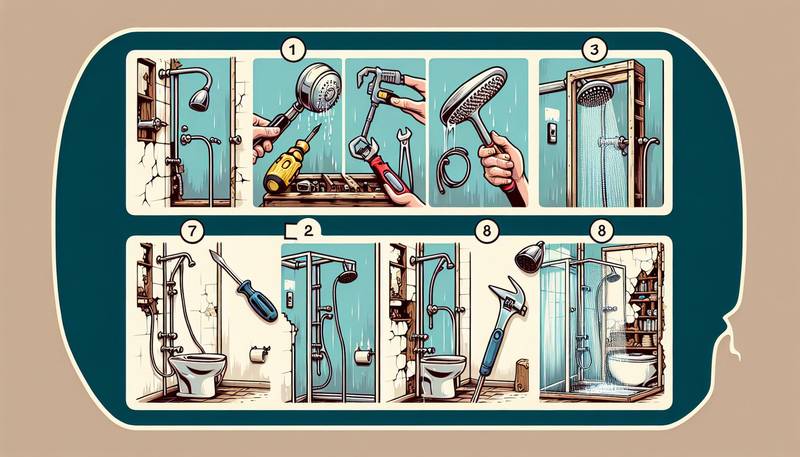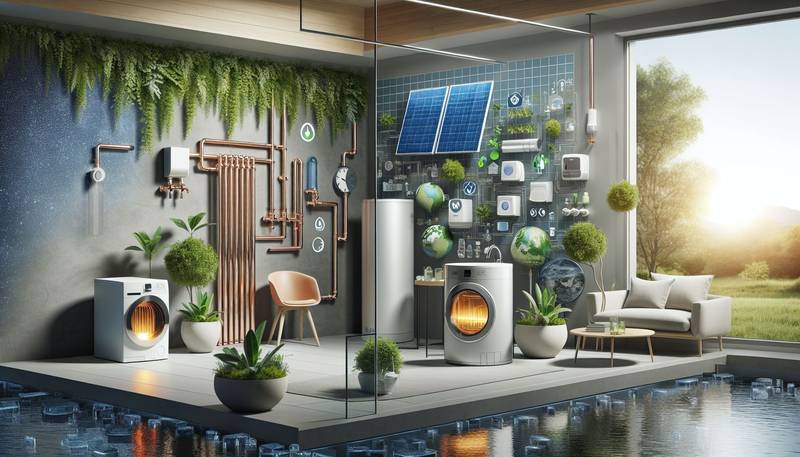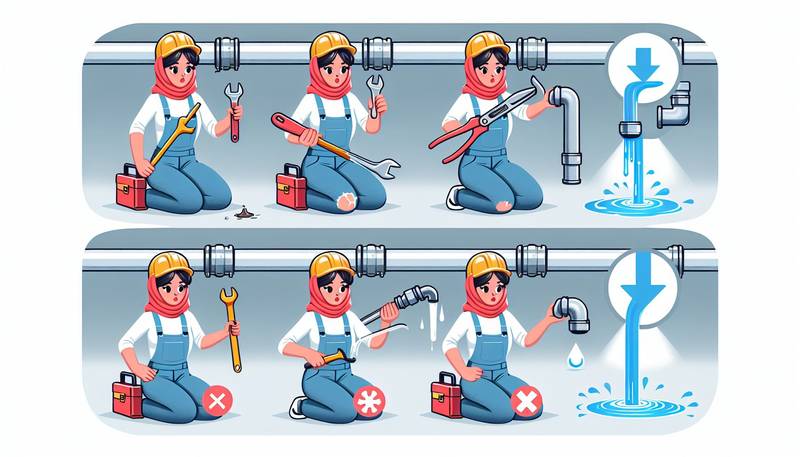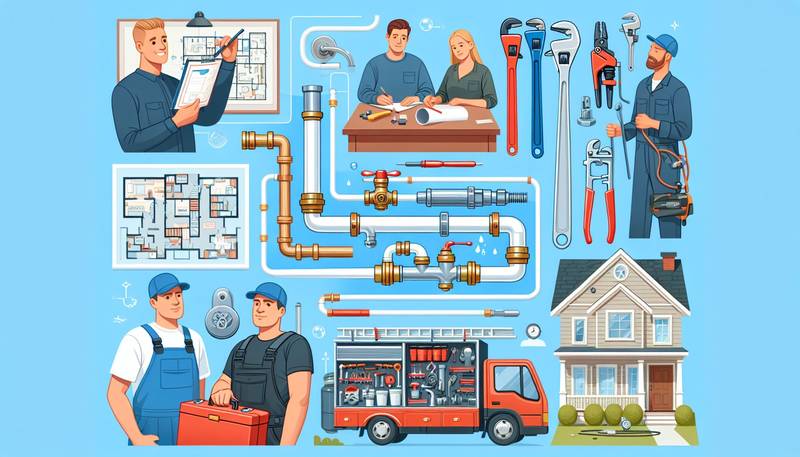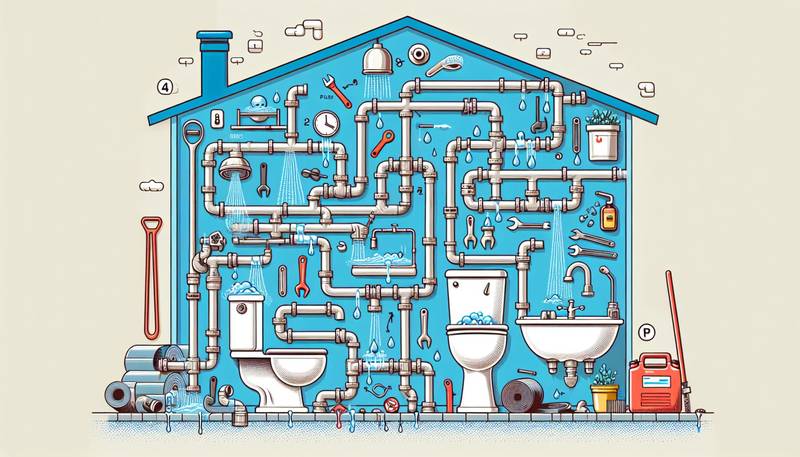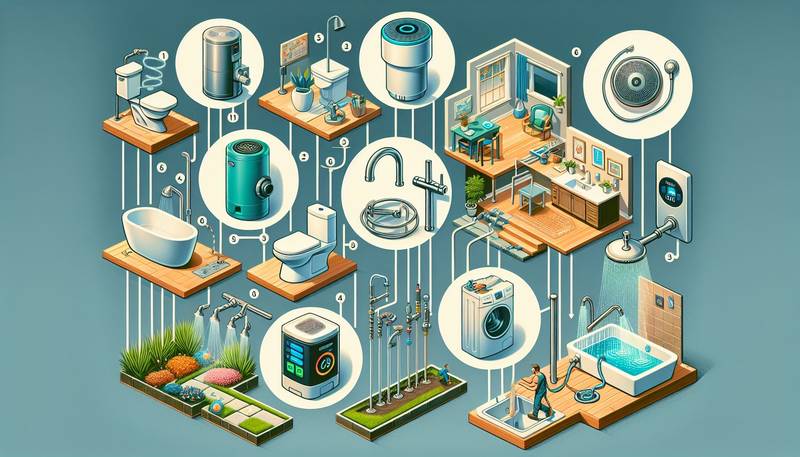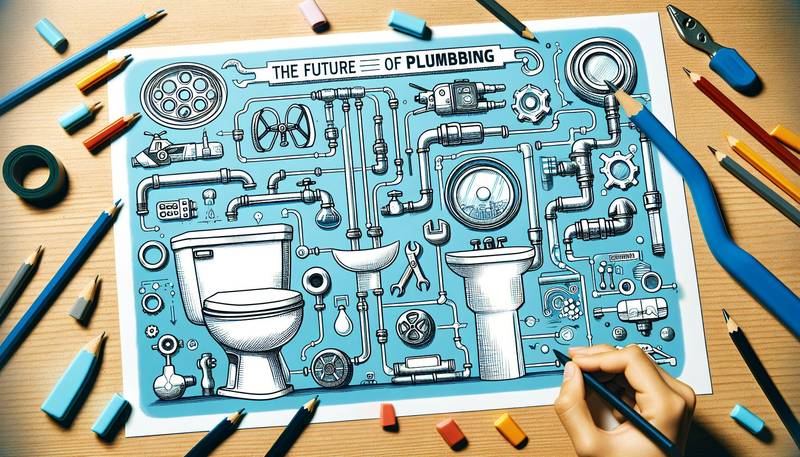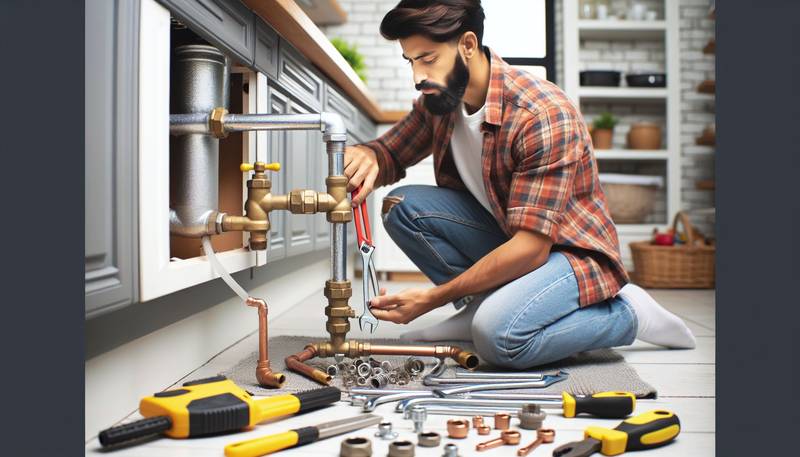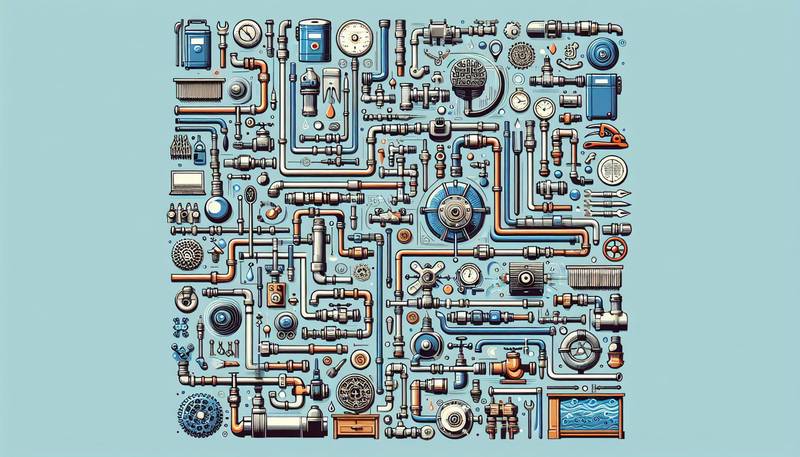Efficient Water Heating Systems: Installation and Maintenance
To achieve optimal performance from your water heating system, proper installation and regular maintenance are crucial. This article will discuss the importance of efficient water heating systems, the process of installation, and tips for maintenance to ensure longevity and efficiency.
Importance of Efficient Water Heating Systems
Efficient water heating systems play a vital role in reducing energy consumption and lowering utility bills. According to the U.S. Department of Energy, water heating accounts for about 18%!o(MISSING)f a typical household's energy use, making it one of the largest energy expenses. By choosing an energy-efficient water heater and implementing proper installation and maintenance practices, you can significantly decrease your energy consumption and save money over time. Additionally, efficient water heating systems help conserve natural resources and reduce greenhouse gas emissions, contributing to a healthier environment.
Installation of Water Heating Systems
Proper installation of a water heating system is critical to its performance and longevity. When installing a new water heater or replacing an old one, it is essential to follow manufacturer guidelines and hire a professional plumber if necessary. Here are some key steps to consider during the installation process:
1. Determine the Right Size
Before installing a water heater, make sure to determine the right size based on your household's hot water demand. Consider factors such as the number of occupants, daily water usage, and preferred fuel type to select the most suitable water heater size for your needs.
2. Location and Ventilation
Choose a suitable location for the water heater that allows for proper ventilation and easy access for maintenance. Ensure that the area is well-ventilated to prevent the buildup of carbon monoxide and other potentially harmful gases. Follow manufacturer guidelines for clearance requirements and ventilation specifications to ensure safe operation.
3. Proper Insulation
To improve energy efficiency and reduce heat loss, insulate the hot water pipes and the water heater tank. Proper insulation helps maintain water temperature, reduces standby heat loss, and allows the water heater to operate more efficiently, leading to cost savings over time.
4. Professional Installation
While some homeowners may choose to install a water heater themselves, hiring a professional plumber is recommended for complex installations or specific requirements. Professional installers have the knowledge and experience to ensure that the water heater is installed correctly, adhering to local building codes and safety standards.
Maintenance of Water Heating Systems
Regular maintenance is essential to keep your water heating system running smoothly and efficiently. By following a few simple maintenance tips, you can extend the life of your water heater and prevent costly repairs. Here are some recommended maintenance practices for water heating systems:
1. Flushing the Tank
Over time, sediment buildup in the water heater tank can reduce its efficiency and lifespan. To prevent sediment accumulation, flush the tank annually to remove debris and mineral deposits. Flushing the tank helps maintain optimal performance and improves energy efficiency.
2. Checking for Leaks
Regularly inspect the water heater for any signs of leaks, corrosion, or rust. Leaks can indicate a faulty connection or a damaged component that requires immediate attention. Addressing leaks promptly can prevent water damage and prolong the life of the water heater.
3. Inspecting the Pressure Relief Valve
The pressure relief valve is a crucial safety device that releases excess pressure to prevent the water heater from exploding. Test the pressure relief valve annually to ensure it is functioning correctly. If the valve fails to operate, replace it immediately to maintain the safety of the water heating system.
4. Adjusting the Thermostat
Check and adjust the water heater thermostat to the recommended temperature setting to prevent overheating and improve energy efficiency. Lowering the temperature slightly can save energy and prevent scalding while still providing an adequate supply of hot water for daily use.
Conclusion
Efficient water heating systems are essential for providing a consistent supply of hot water while minimizing energy consumption and utility costs. By following proper installation procedures and conducting regular maintenance, you can improve the performance and longevity of your water heating system. Remember to consult manufacturer guidelines, hire professional installers when necessary, and perform routine maintenance tasks to ensure the efficiency and safety of your water heater. Investing in an energy-efficient water heating system and practicing good maintenance habits will benefit both your home and the environment in the long run.
